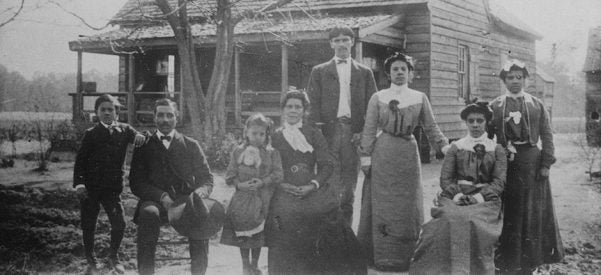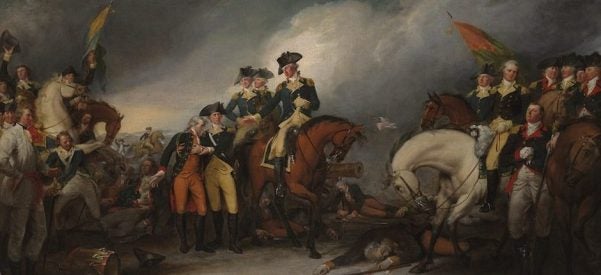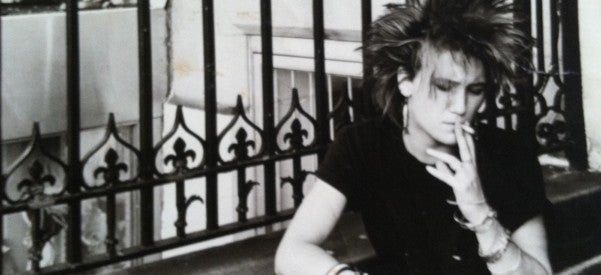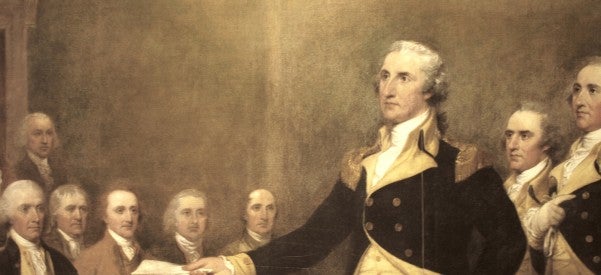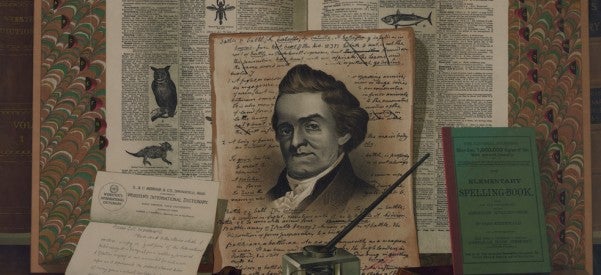Explore
: Revolutionary War
For Generations, a Mysterious Ethnic Group Was Shunned, but New Research Sheds Light on Its Revolutionary War Origins
By Glen Browder and Terri Ann Ognibene
September 24, 2018
Sumter County is located in South Carolina’s midlands, about an hour and a half from the Atlantic coastline in one direction and from the Blue Ridge Mountains in the other. Named after General Thomas Sumter, the “Fighting Gamecock” of Revolutionary War fame, it’s a place like many in the historic Black Belt, the stretch of former slave-holding plantations that extends from Texas to Delaware. Sumter County has also been the traditional home to an intriguing community of dark-skinned people known …
Read More >
Henry and Lucy Knox Sacrificed Family, Home, and Beliefs to Adopt Their New American Identity
By Phillip Hamilton
April 16, 2018
In late 1783, General Henry Knox, formerly a bookseller from Boston who had become a trusted military subordinate to George Washington, wrote the first draft of an address to be presented to the commander-in-chief by his officers. Their Revolution won, the Continental Army’s leaders wanted to express their heartfelt gratitude to the general, “under whose auspices,” as Knox wrote, “the Army have been led to glory and victory, and America to Freedom and Independence.” Young Knox also urged his comrades …
Read More >
My Bostonian Ancestor Fought the Red Coats. I Fought a Heroin Addiction. Both of Us Are Soldiers.
By Lisa Whittemore
July 14, 2015
On April 17, 1775, Samuel Whittemore was toiling in the fields of his Arlington, Massachusetts farm when he spied the British militia returning to Boston from the Battle at Lexington and Concord. He was no stranger to fighting: Whittemore had fought on behalf of the British as a captain in His Majesty’s Dragoons battling the French in the mid-1700s. However, on this particular day, Whittemore took up arms against the British in the name of independence. A historical society article …
Read More >
The First President Was Indispensable to Our Early Democracy, Precisely Because He Didn’t See Himself as Indispensable
By Robert Middlekauff
May 18, 2015
Revolutions tend to get hijacked, going from being about the people to being about the triumphant revolutionary leaders. And so the French Revolution begat Napoleon, and the Russian Revolution begat Lenin and Stalin.
It’s appropriate, therefore, that one of the more enduring, and endearing, aspects of our national reverence for George Washington is the fact that once he had militarily won independence for the American colonies—at a time when he had achieved global fame for this feat—he appeared perfectly content to …
Read More >
The Founding Father of American English Was a Radical Who Wanted Us to Write the Language the Way We Spoke It
By Rosemarie Ostler
May 12, 2015
In the late 18th century, as the recently independent states were working to define what America was—after fighting with England about what it wasn’t—grammar books were still teaching American children to speak like proper Englishmen and women. The books taught such formal, outdated usages as the correct verb forms for thou (thou goest, thou wilt) and proper uses of shall (used with I and we for simple future, with you, he, she, and they to imply insistence or a threat). …
Read More >


